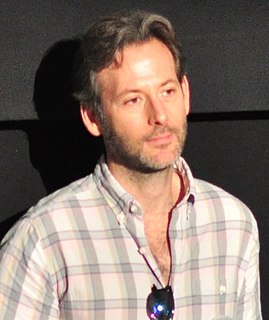A Quote by Joe Gebbia
You have to know what your users are experiencing.
Quote Topics
Related Quotes
I had an approach where everything that's happening it should be as though it's an experience for somebody. So if you're experiencing a hurricane, if you're experiencing a car crash or whatever it is, you're only experiencing as yourself, you're not experiencing it from some objective point of view.
You know, no one should be marginalized in society when it comes to health. And, you know, we have - as a foundation, we have tried to champion those people [sex workers, needle users, intravenous drug users, prostitutes] and be by - be by their side and say, listen, these people cannot be forgotten. If you forget about them, then the disease is never going to go away.








































